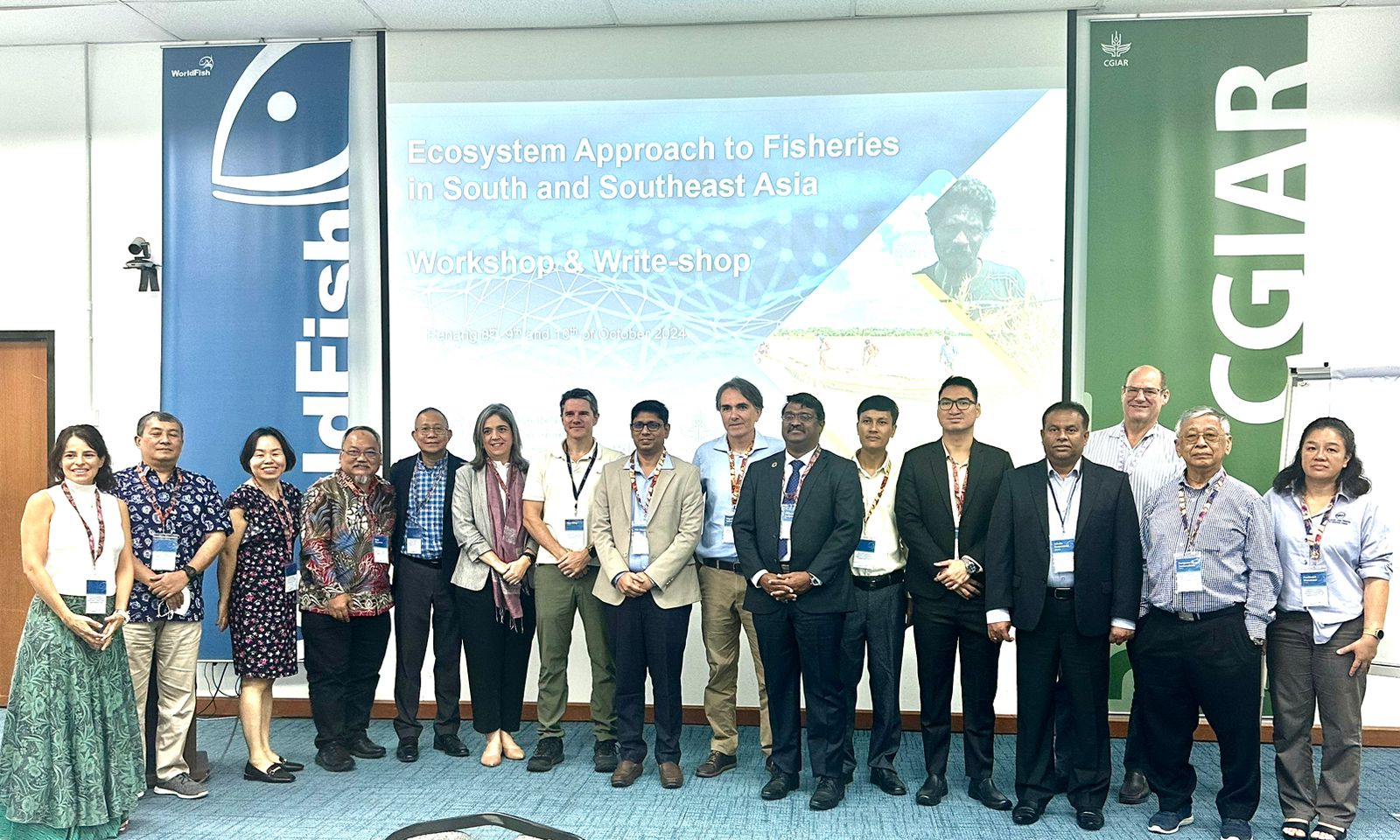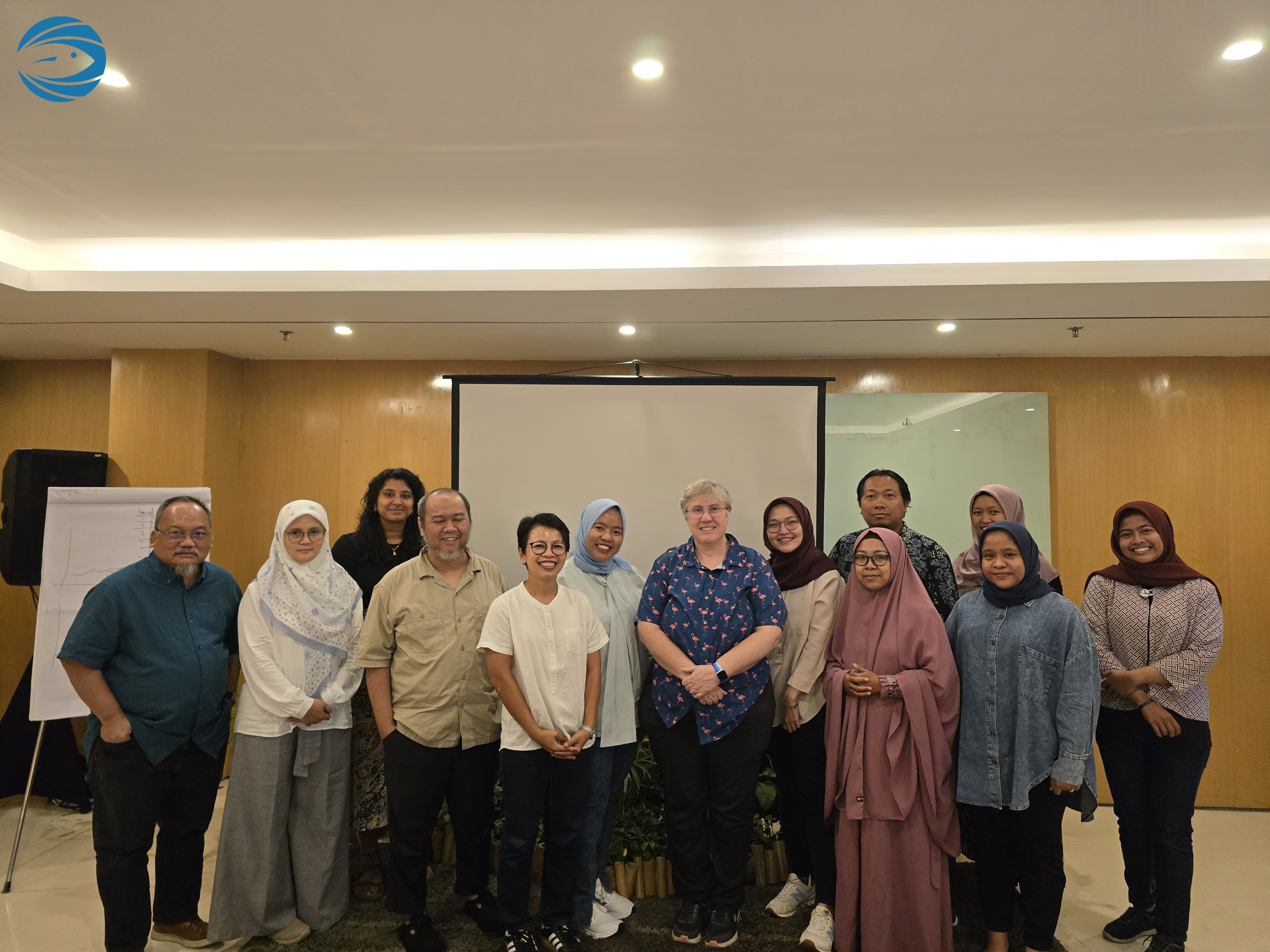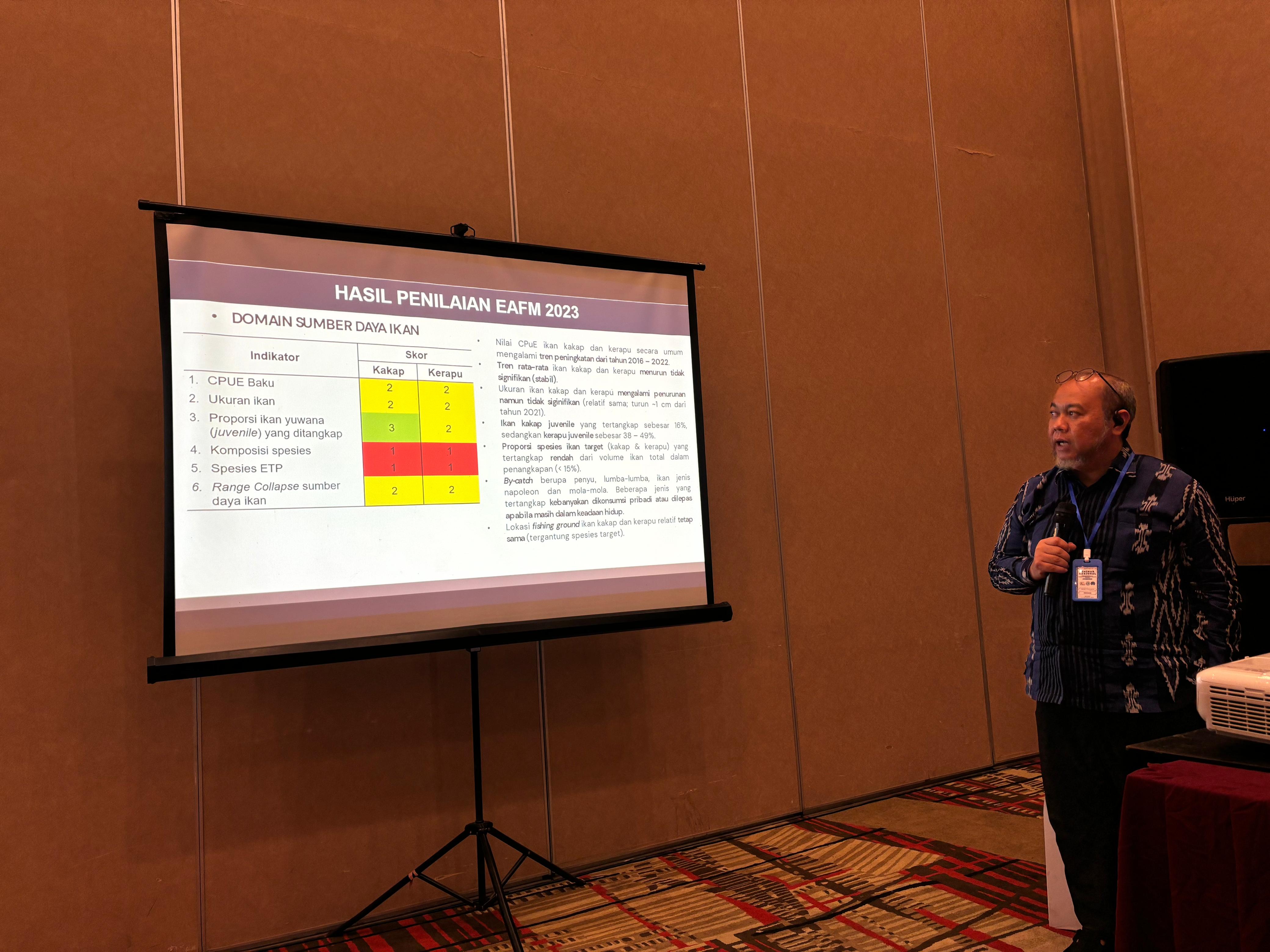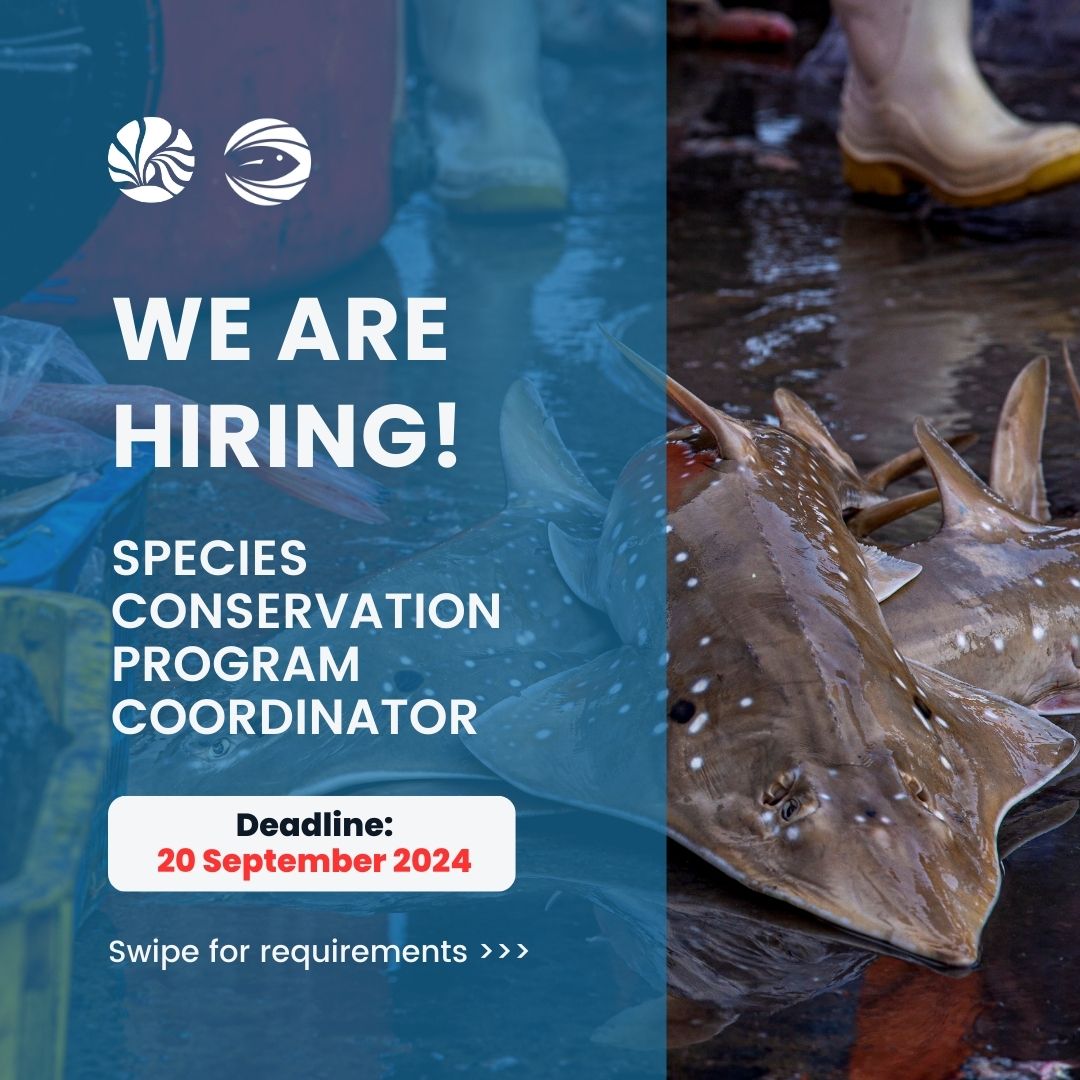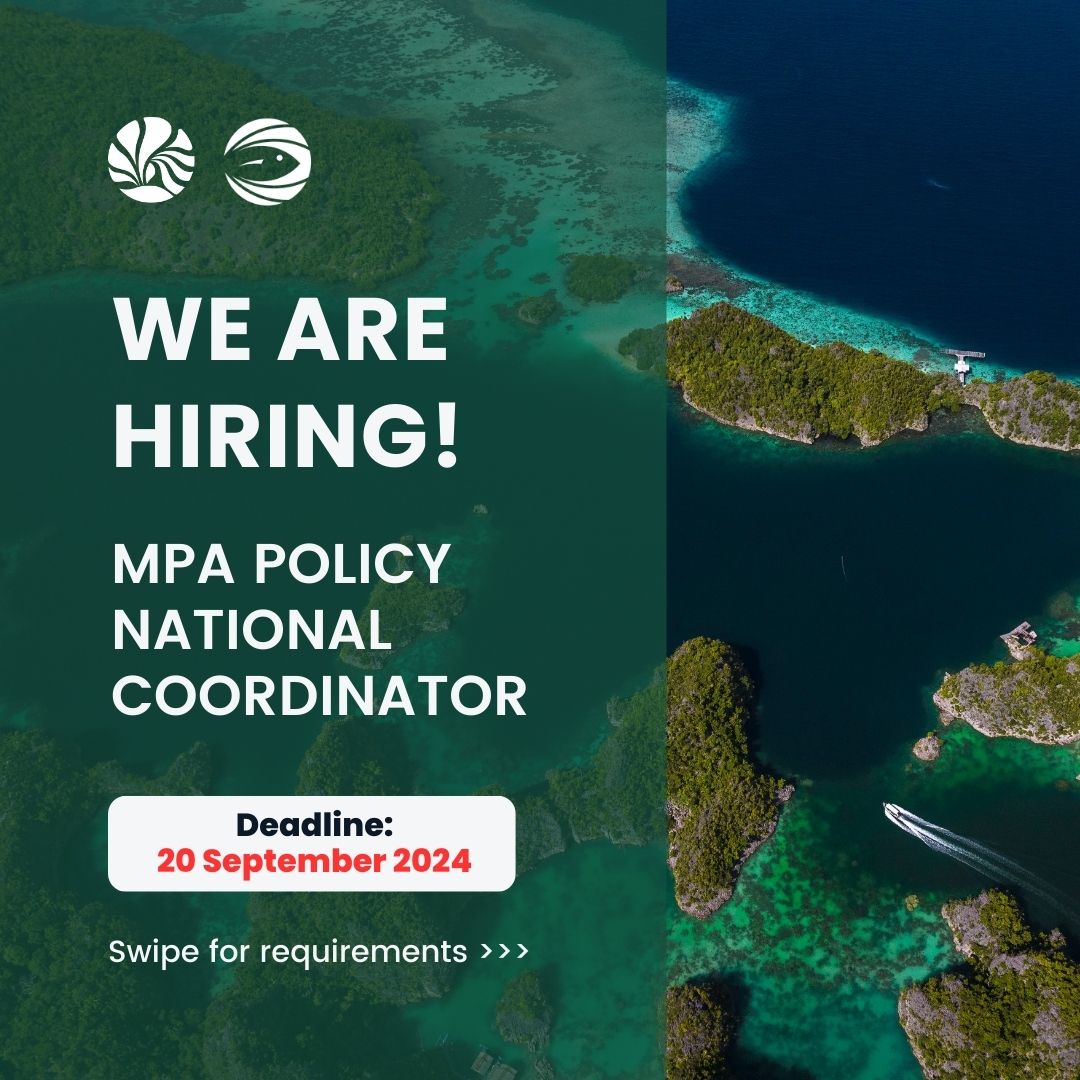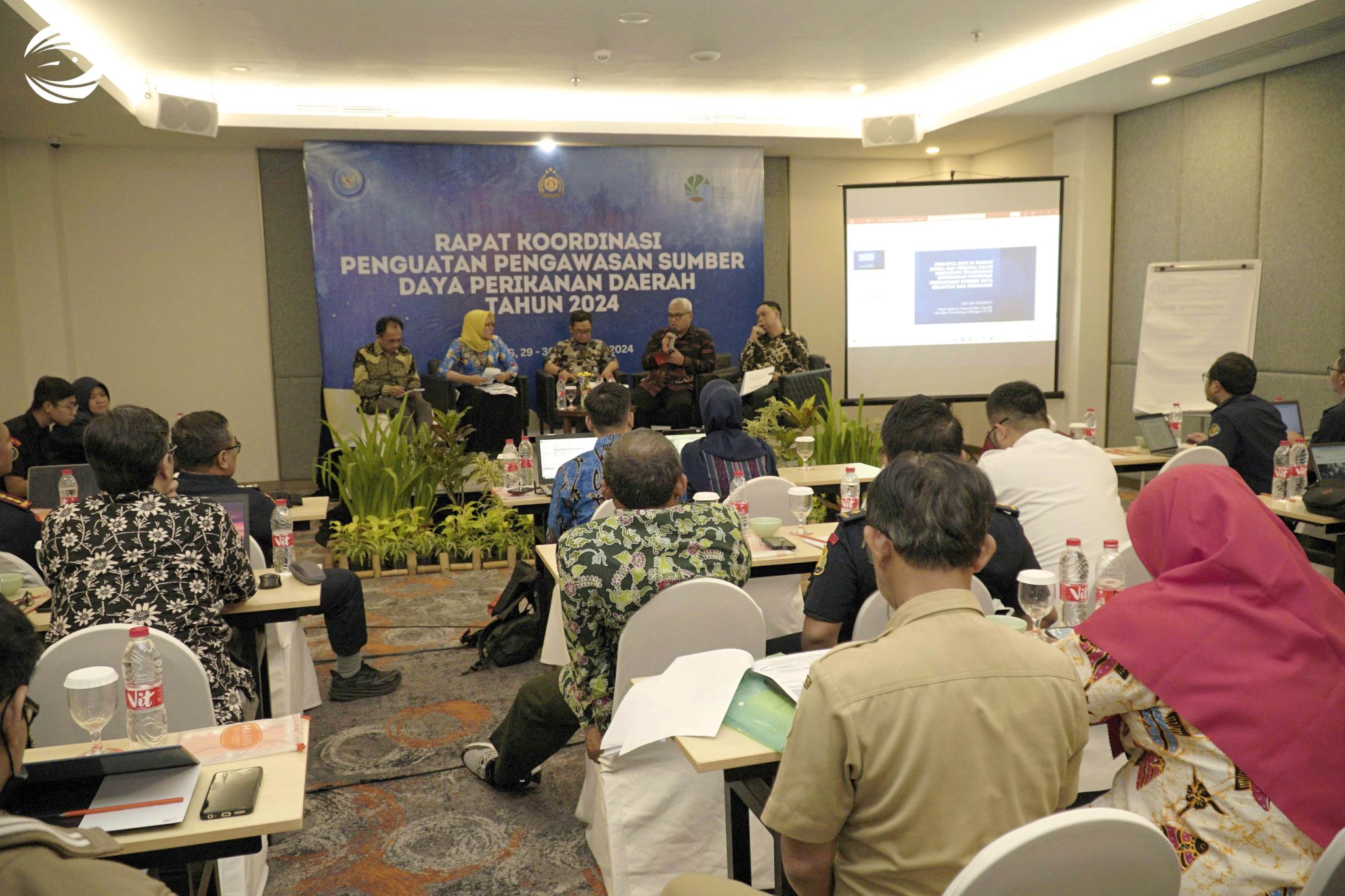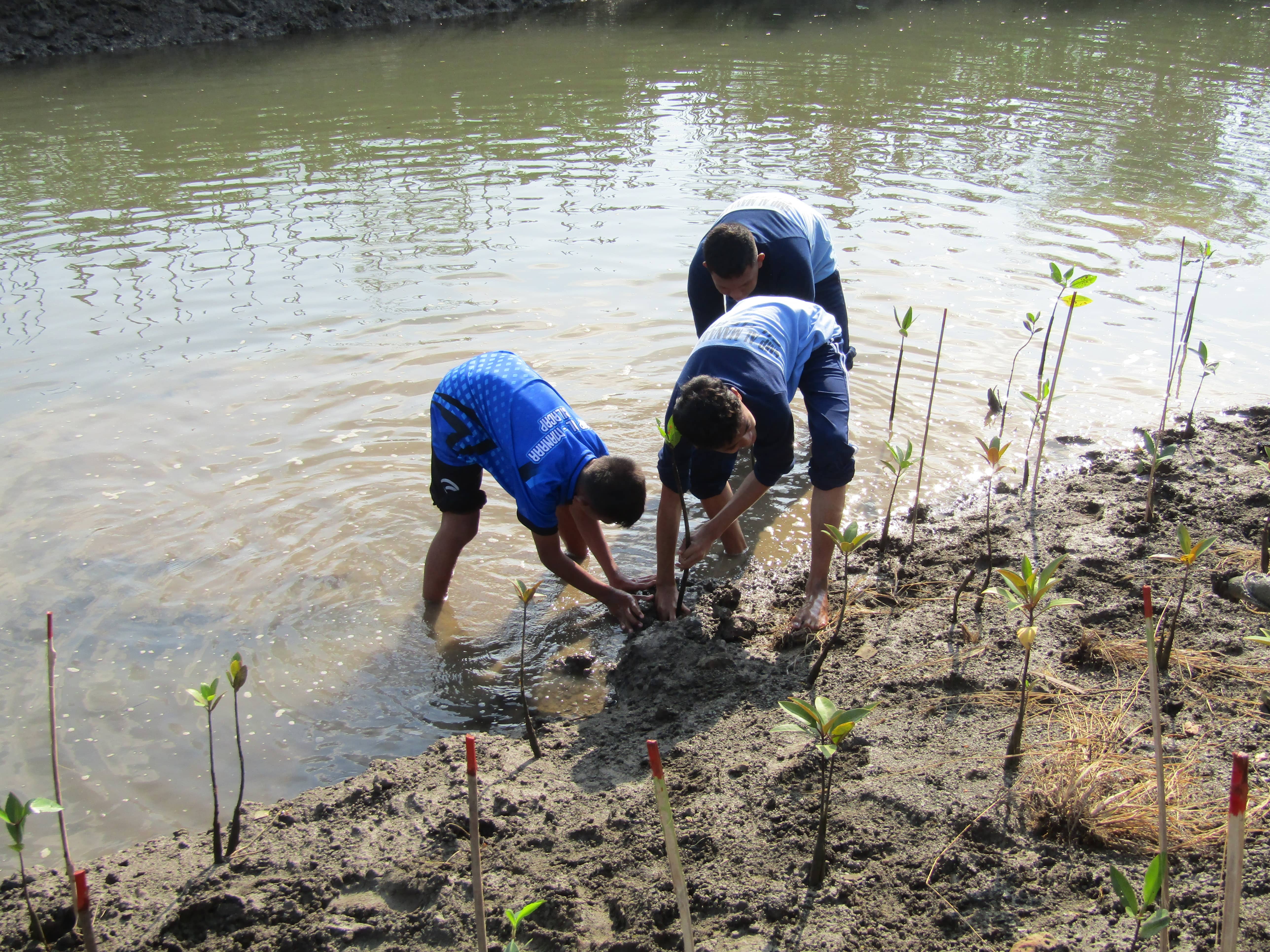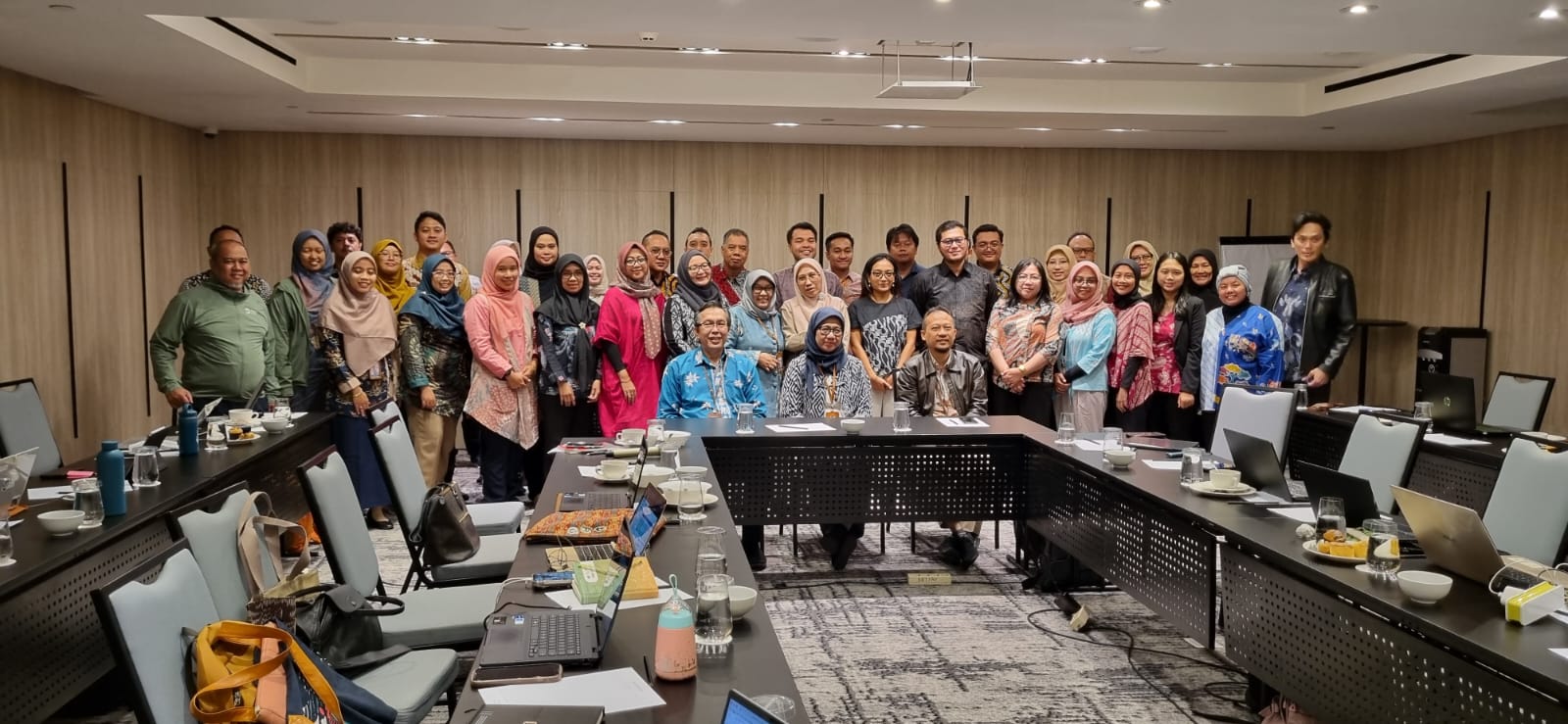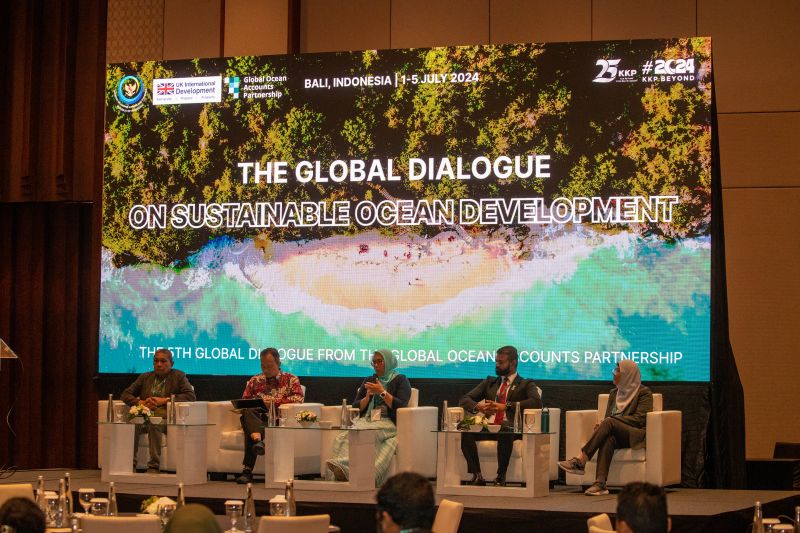Home / Kegiatan / sosf-pantura-bercerita-north-coast-java-telling-story-protect-wedgefish-and-giant-guitarfish-in-their-habitat
SOSF: Java’s North Coast Tells Its Story, Protect Wedgefish and Giant Guitarfish in their Habitat
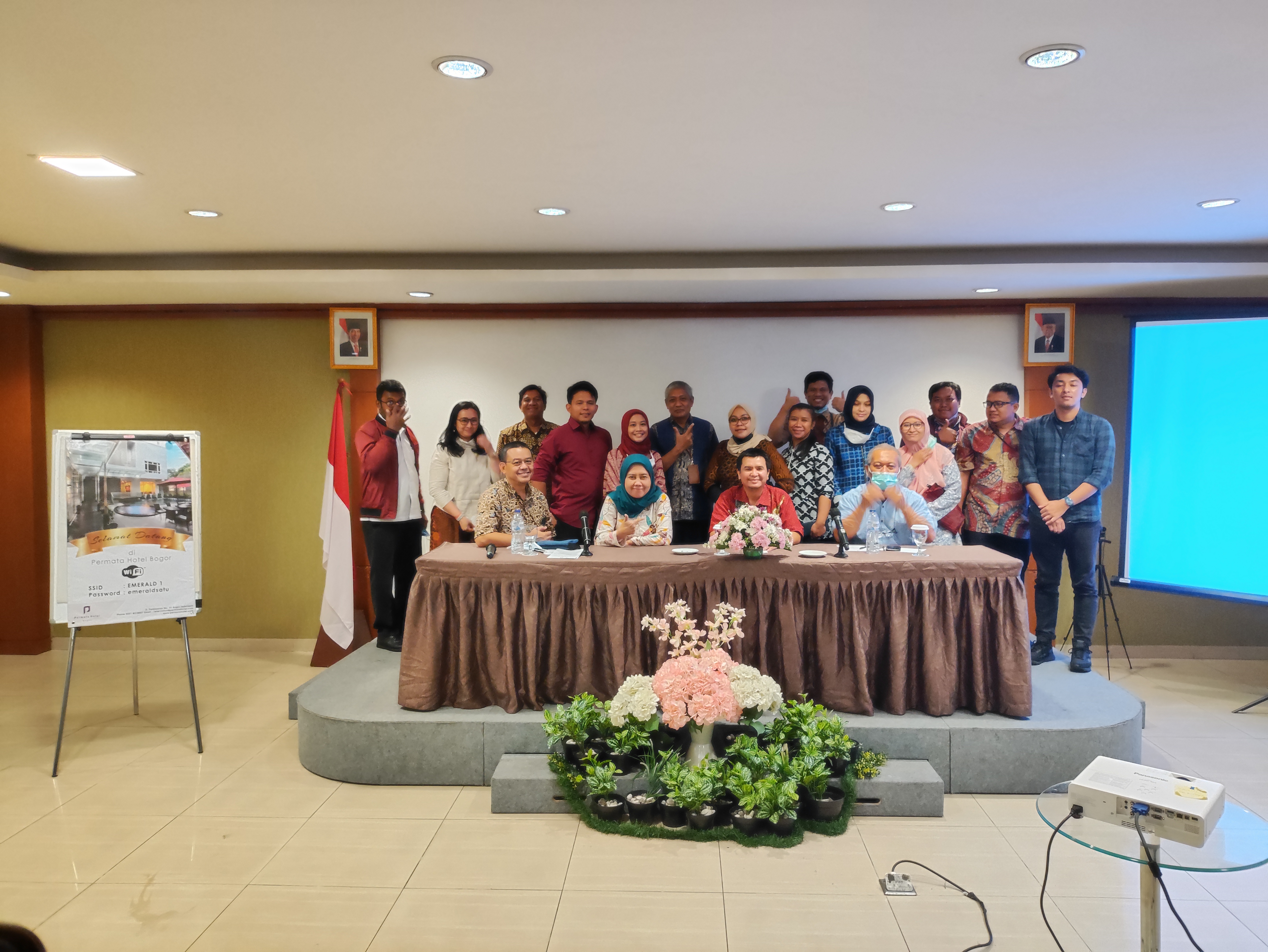
Ditulis oleh Admin | 15 February 2022
0 Comments
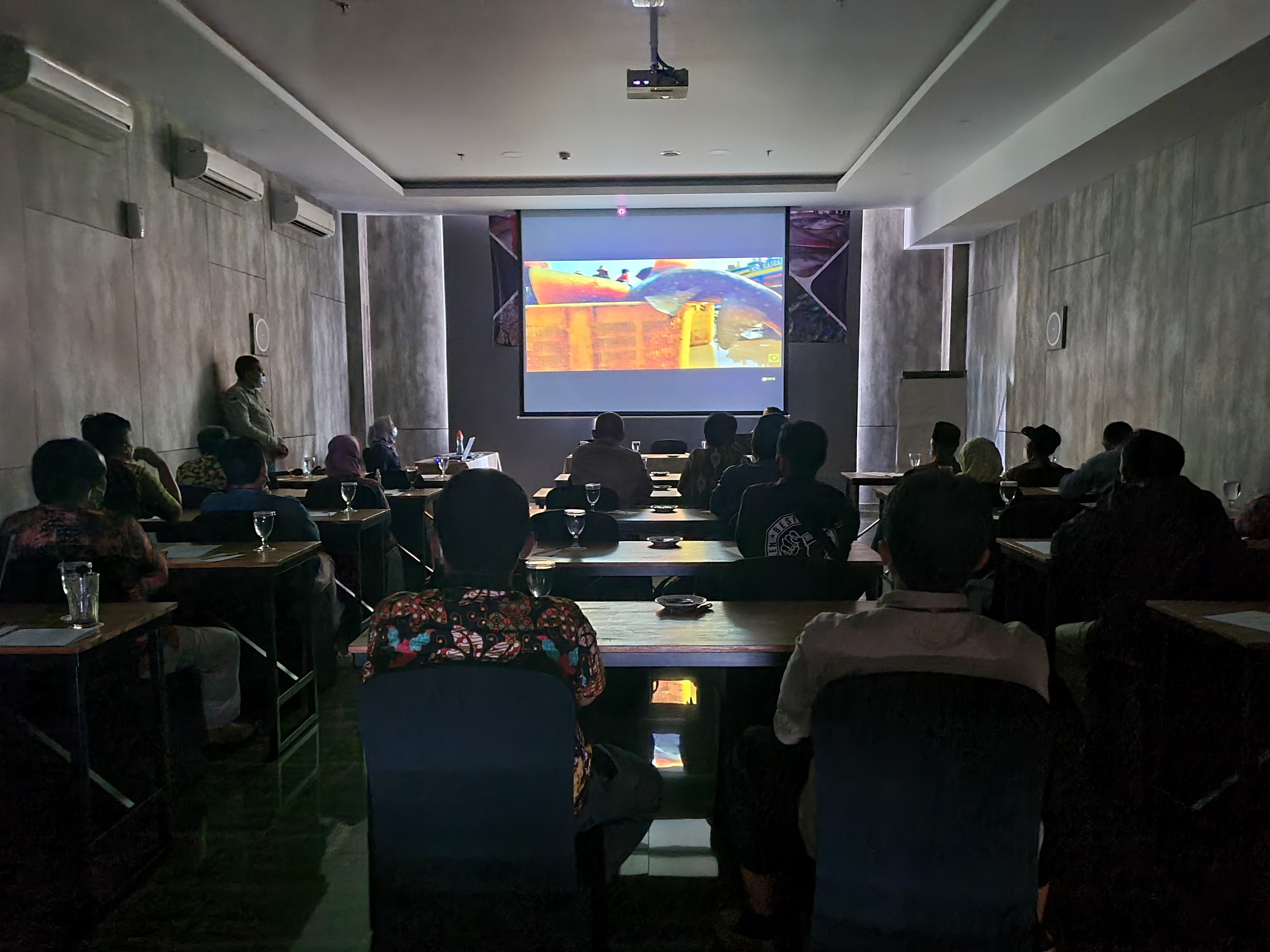
Fishing activities have been carried out for centuries on Java’s North Coast. The University of Amsterdam has recorded fisheries conducted in the Java Sea since the 1800s. However, it is possible that fishing pressure in the Java Sea was carried out before that when the ports of North Coast Java became a trading center in the 14th century.
Finally, in 2019, two families of rays commonly caught and landed by fishers were categorized as critically endangered, according to The International Union for Conservation of Nature (IUCN). There were Wedgefish and Giant Guitarfish, two ray families closely related to sawfish. Sawfish might no longer be found in many Indonesian waters. These rays are in the global spotlight and must be managed immediately, or they can be threatened with extinction like the sawfish.
Rekam Nusantara Foundation records that at least 7,000 individual rays were caught and landed since 2019 to 2020 in the Java Sea. This was good news and showed that this critically endangered ray still exists in the Java Sea, raising hopes for its preservation. However, promoting fisheries management and conservation in the Java Sea to Java’s North Coast communities was a formidable challenge. This effort must be done immediately because it is a race against extinction.
Benaya Simeon from the Fisheries Resource Center of Indonesia (FRCI) revealed that at least more than 200,000 fishermen fished in the Java Sea with large fish landing centers on Java’s North Coast. “The population density in Java’s North Coast is one of the things that must be considered to make management efforts that prioritize the values of humanism. Management must not sacrifice food security and community livelihoods. This management must be a strong bridge between sustainability and the welfare of Java’s North Coast communities," she said.
As a member of the IUCN Species Survival Commission (SSC) – Shark Specialist Group, she considered that conservation efforts need to achieve a “win-win solution”; community support is required in order to make the management reach a consensus. However, the preliminary survey of community perceptions and understandings showed different resultsthree From the 3 main landing sites: Tegalsari Coastal Fishing Port – Tegal, Bajomulyo Coastal Fishing Port – Pati, and Tasikagung Coastal Fishing Port – Rembang, the community showed a high understanding of marine sustainability and sustainable fisheries management. But this community also discovered an inconvenient truth, that their old sea had been changed. They assumed that government was the one that must be responsible for all these situations.
One of the efforts to promote the conservation effort was to invite the public to learn about the importance of conservation and sustainable fisheries using audio-visual media, namely a documentary video. Rekam Nusantara Foundation has made three short films in Pantura Bercerita or “Java’s North Coast Tells Its Story” Trilogy, which was supported by the Save Our Seas Foundation (SOSF). This trilogy is an invitation to Java’s North Coast community to make a joint effort for the wedgefish and the giant guitarfish conservation movement to protect them from extinction.
The director of this trilogy is Fachrudin, a man who comes from Batang, a city on Java’s North Coast. He mentioned that the trilogy was produced closely with the community. The first film shows the facts about how wedgefish and giant guitarfish brought fortune for generations in Java’s North Coast. Fortune for fish processors, fish traders, and food stall owners. The second film tells a journey on of finding wedgefish and giant guitarfish in the Java Sea, which has recently been hard to find. This was also confirmed by the opinion of Prof. Aristi Dian Purnama Fitri from Diponegoro University. "For the most part, we did not realize until these species disappear," she said. The third film was well made, which showed the efforts of the community to respect their old sea.
Een Irawan Putra, Executive Director of Rekam Nusantara Foundation, has worked in the field of conservation and campaigning on environmental issues for years. He believed that films are the strongest strategy to touch the community through inspirational stories as well as learning. “Through the process of making the film, we can also understand the values and issues in society that have not been heard of. All of these processes are then packaged into a strong link between the community, academics, and policy makers, so that the management process emphasizes inclusive values for both nature and humans who utilize it,” said the man who studies forestry profusely.
Conservation efforts on the wedgefish and the giant guitarfish are consistently being echoed to make a loud noise. In the international scope this effort was also made to show that Indonesia is continuing to move together for sustainability. Benaya Simeon who is also a member of IUCN Indonesia, established dialogue with Dr. David Ebert and Ryan Daly on Beyond Jaws, American Elasmobranch Society. The dialogue presented collaborative efforts to improve the outlook for the management of wedgefish and giant guitarfish in Indonesia.
Of course, this movement and proposition does not stop at Java’s North Coast. Calls for the management and protection of wedgefish and guitarfish were echoed in other provinces across Indonesia. The Pantura trilogy has been screened and watched simultaneously in Aceh, Bengkulu, Bogor, Tegal, Pati, Rembang, Lamongan, Lombok, and other locations. This is a call for a big movement to protect the ocean and its wealth so its fortunes could be inherited for next generations.
Kegiatan Terbaru
